Greek Mythology
-
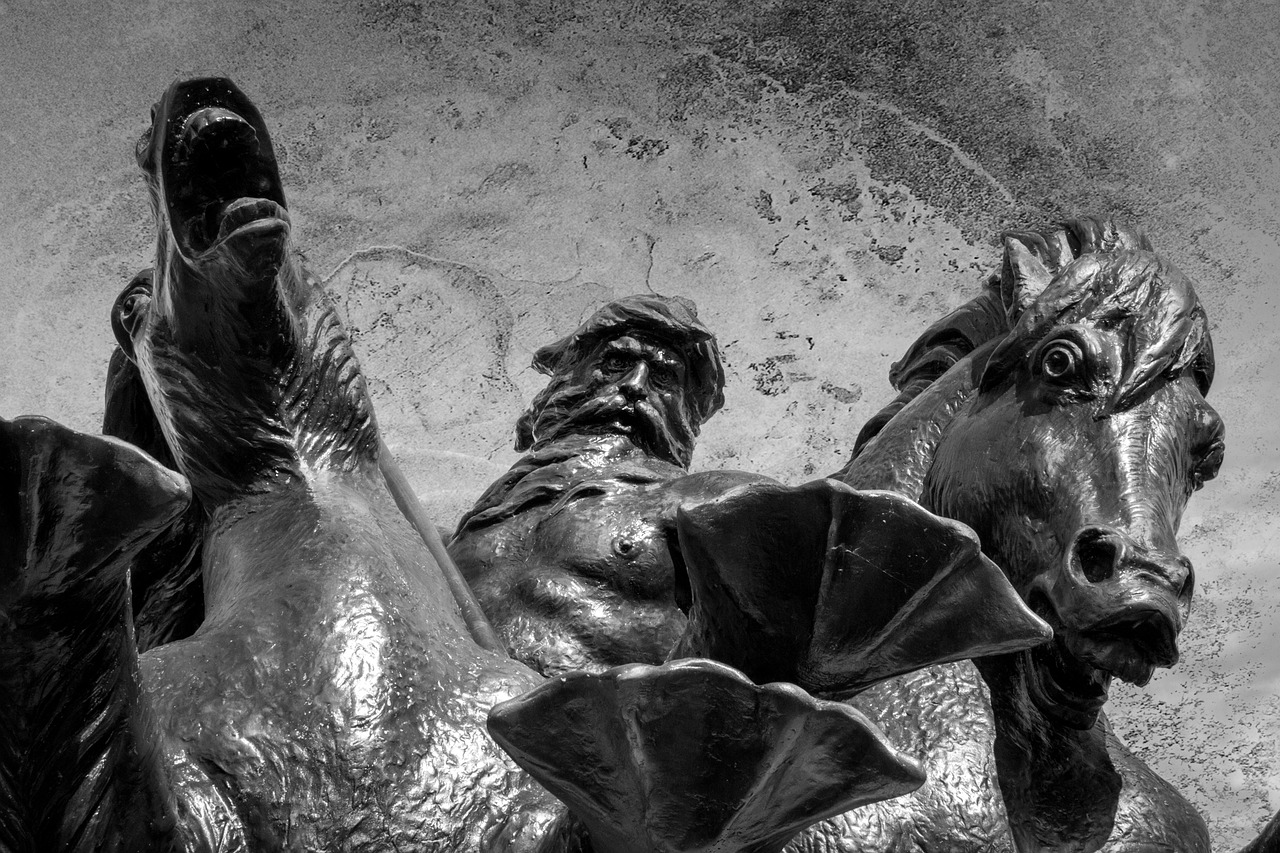
In the realm of Ancient Greek mythology, Poseidon is revered as the god overseeing the sea, storms, earthquakes, and equine creatures. Often equated with the Roman deity Neptune, Poseidon holds a significant position, being the sibling of Zeus and Hades—deities representing the sky and the underworld, respectively. Who is Poseidon? As the guardian of sailors…
-
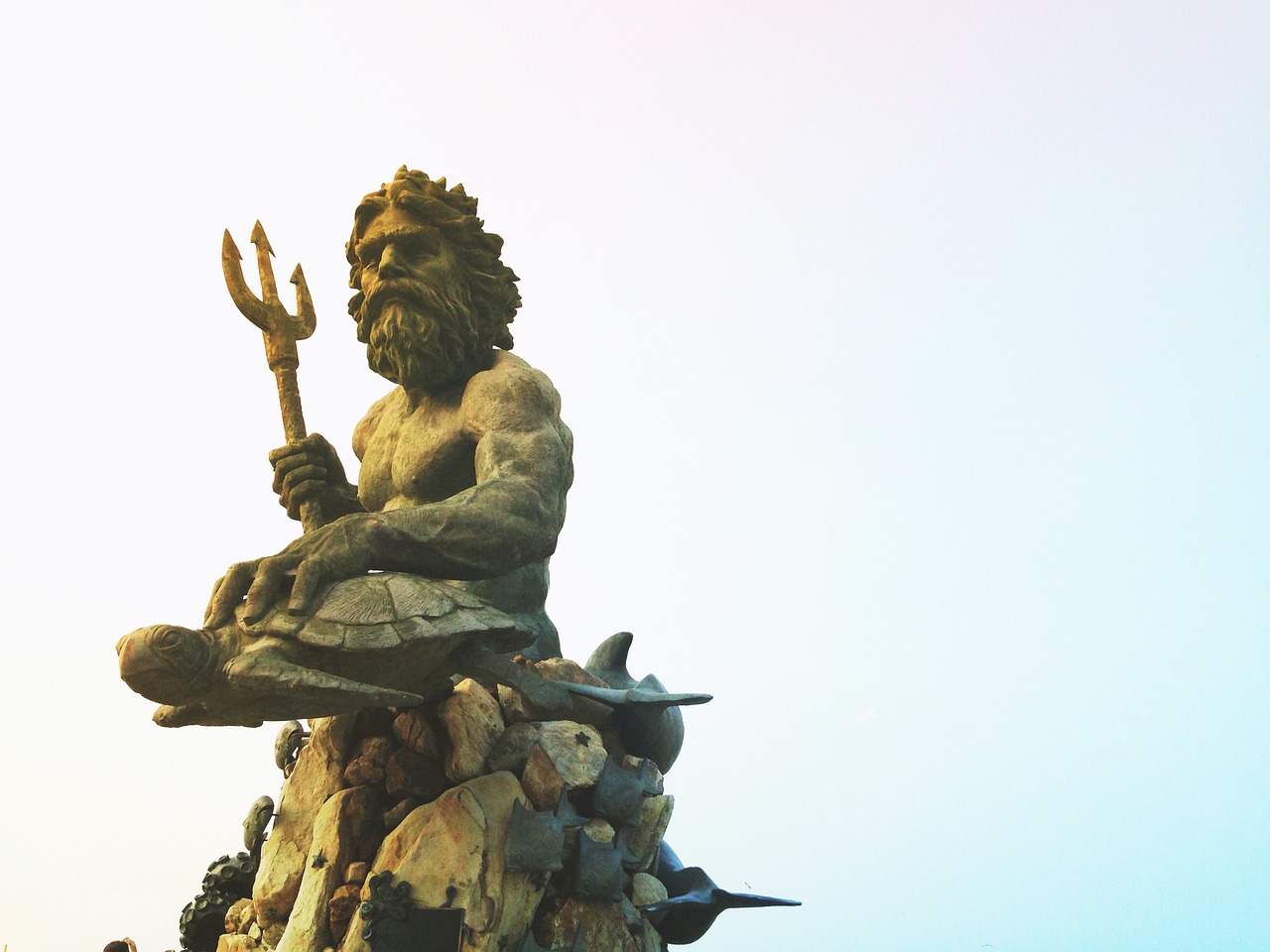
Selene: The Moon Goddess of Greek Mythology Selene, known as the Titan goddess of the Moon, was portrayed in ancient art as a captivating figure, often seen riding sidesaddle on a horse or guiding a chariot pulled by winged horses. Her lunar presence was symbolized by a crescent adorning her head, or the elegant folds…
-
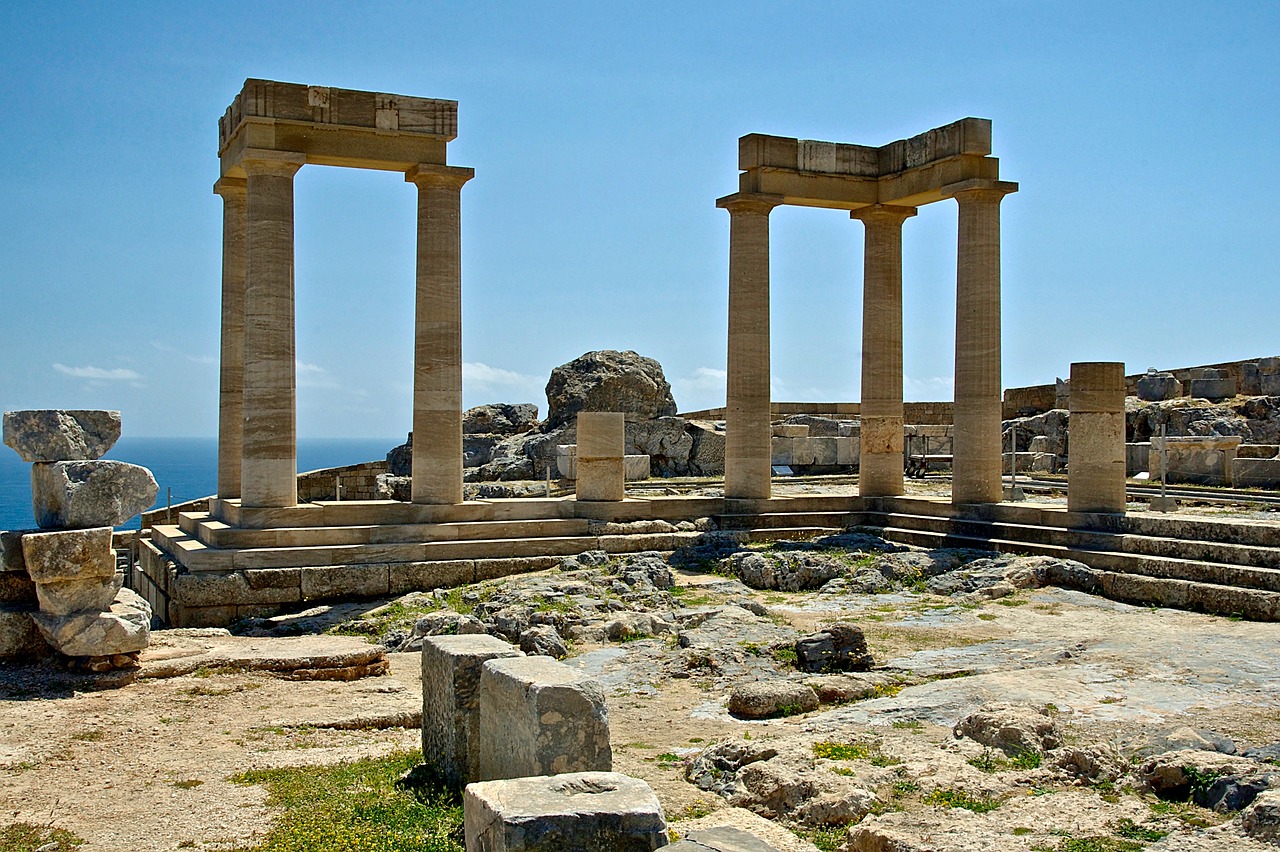
Athena, known in Greek mythology as the goddess of wisdom, warfare, and crafts, plays a crucial role as the protector of cities, particularly in the realm of civilization. Often correlated with her Roman equivalent Minerva, she stands in contrast to Artemis, the goddess associated with the wilderness. Many believe that Athena may have originated as…
-
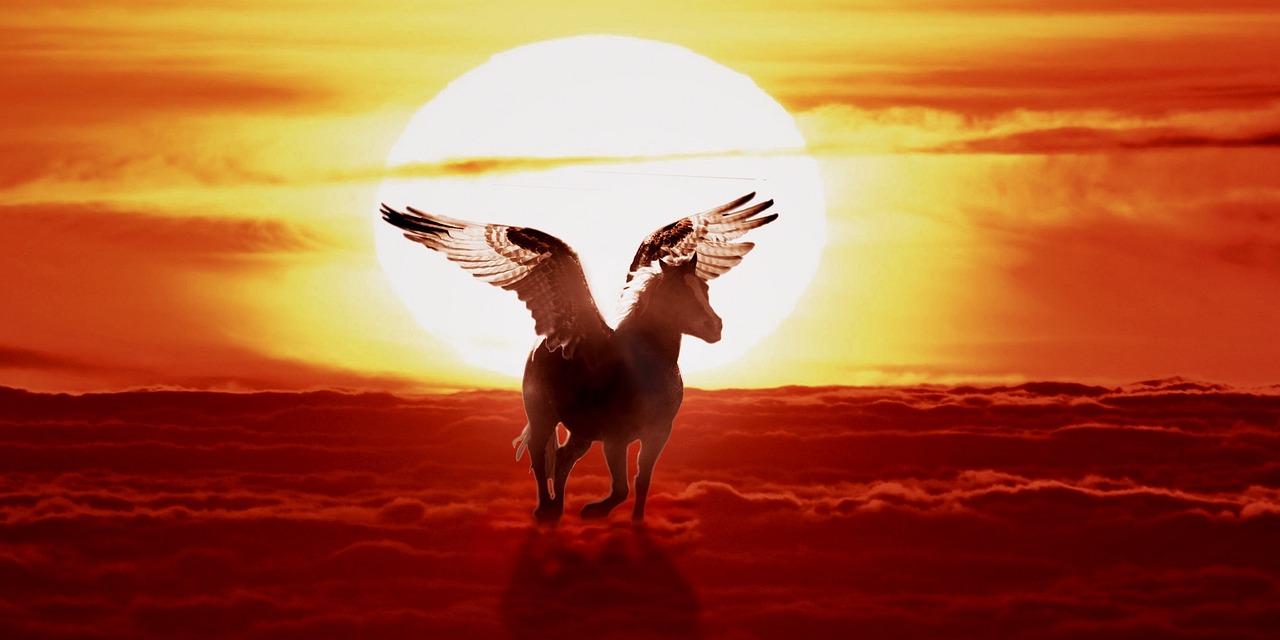
Pegasus: The Winged Horse of Greek Mythology Pegasus, known as Pêgasos in Greek, is a legendary winged horse that originated from the beheaded Gorgon Medousa (Medusa). His remarkable entrance into mythology occurred when the hero Perseus severed Medousa’s head, from which Pegasus and his brother Chrysaor emerged. Bellerophon, a Greek hero, succeeded in taming Pegasus,…
-
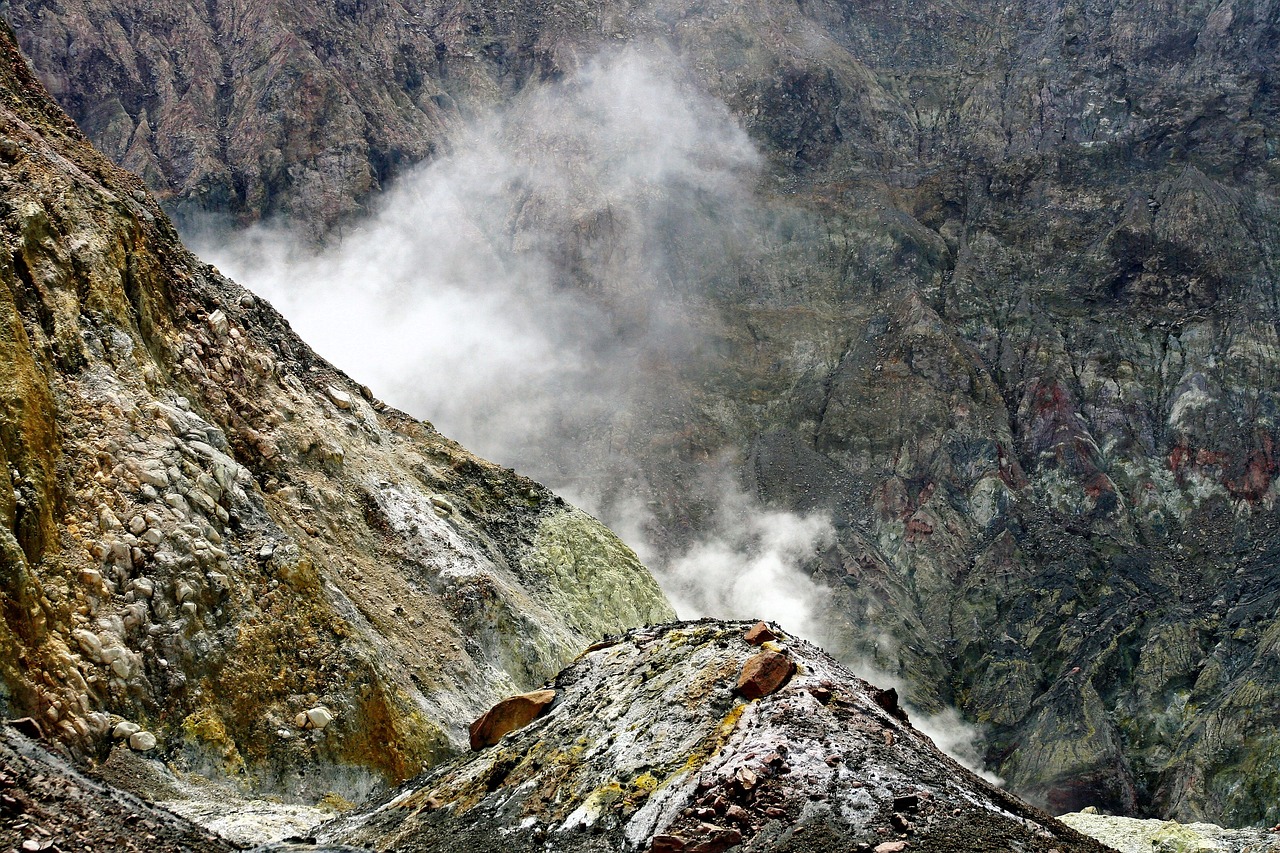
Hades: The Ruler of the Underworld Hades, known in ancient Greek religion as the god of the underworld, is depicted in mythology as both a feared and misunderstood figure. As the offspring of the Titans Cronus and Rhea, he stands alongside his siblings: Zeus, Poseidon, Demeter, Hera, and Hestia. After the overthrow of Cronus, the…
-
Nyx, also referenced as Nox or the Night, embodies the concept of night within Greek mythology. Emerging from Chaos, she is classified as a primordial deity (Protogenoi), a term that encompasses the elemental and physical forces of existence, signifying the first generation of divine entities from which all gods, heroes, and beasts of Greek lore…
-
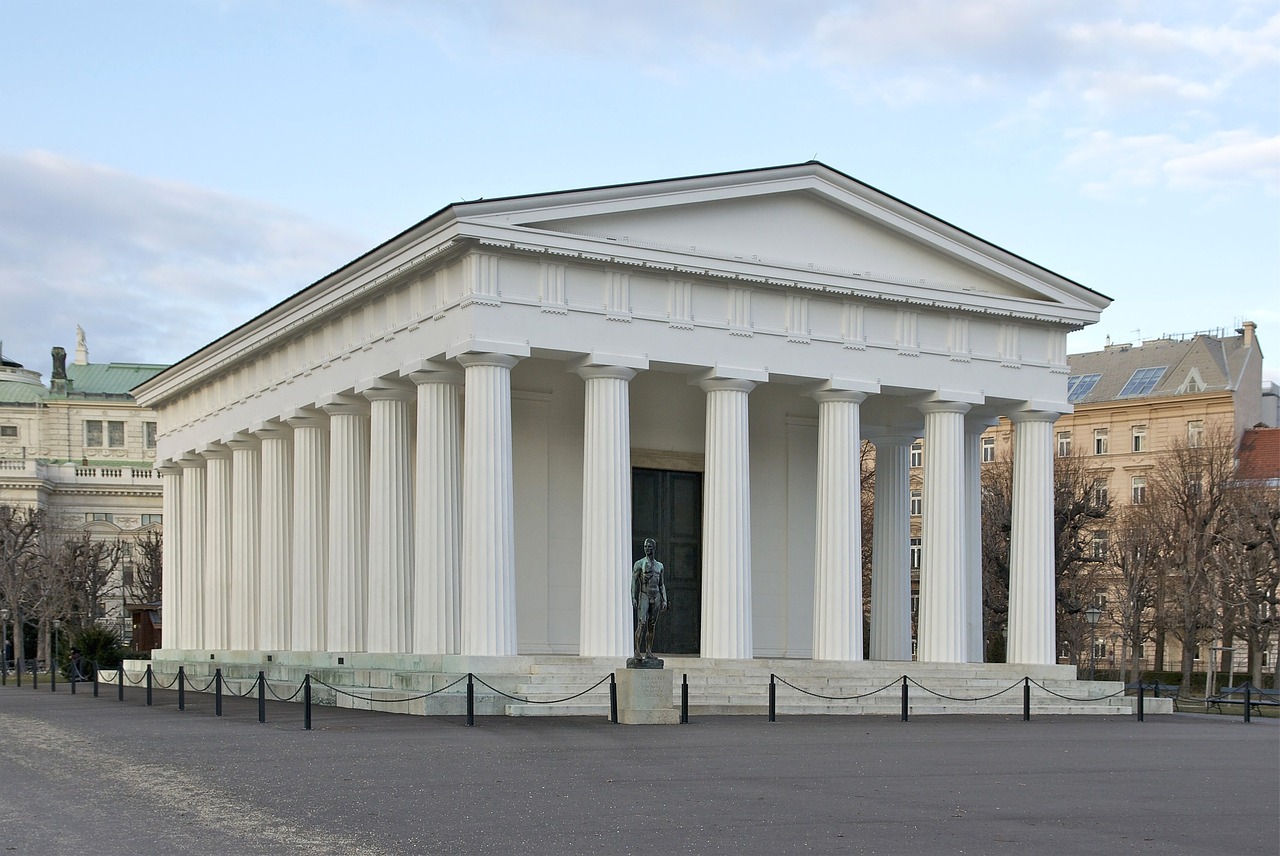
The legendary figure of Theseus is often regarded as the heroic embodiment of ancient Athens, whose moments of valor were celebrated as instrumental in shaping the birth of democracy within the city-state that is acknowledged as the origin of Greek democratic ideals. Thought to exist alongside Hercules, Theseus is placed in the generation that predates…
-
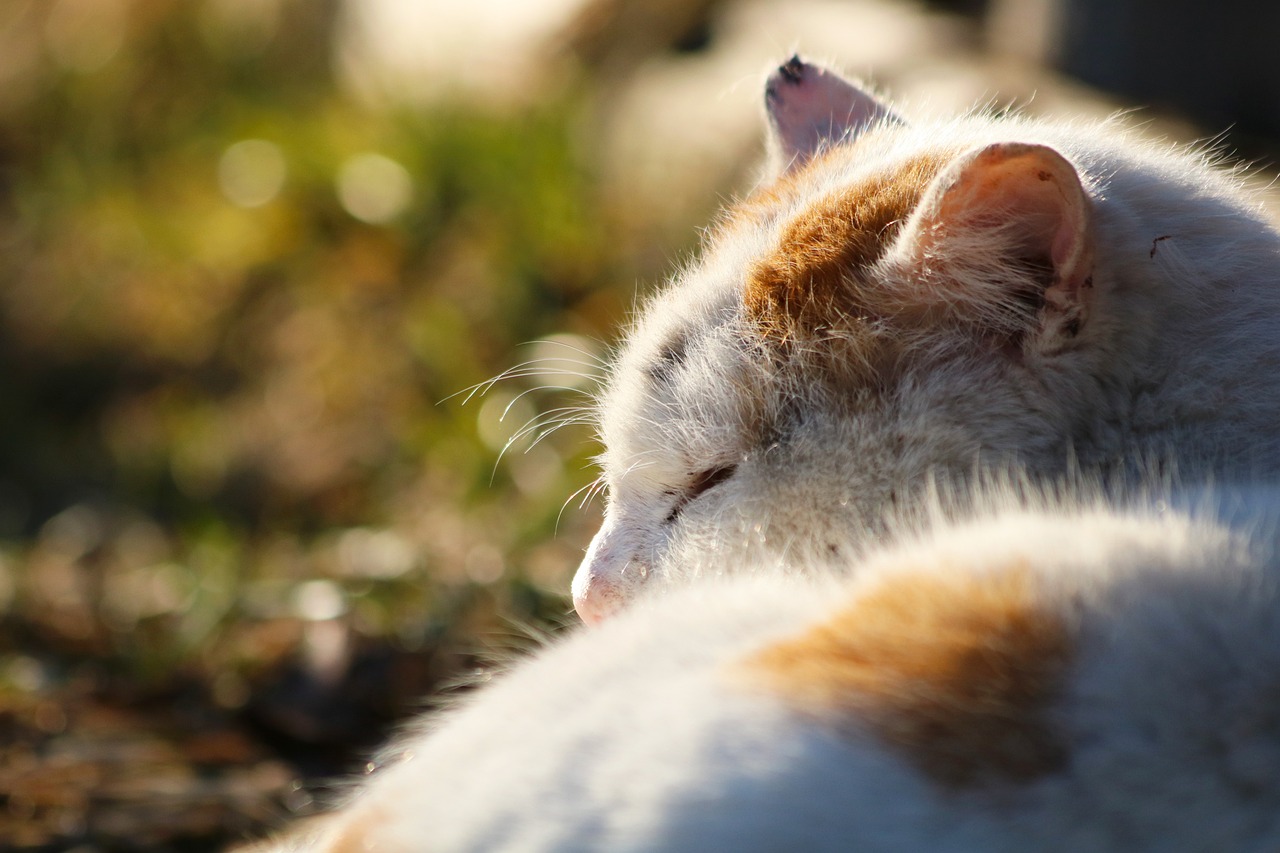
Hypnos holds a significant position in Greek mythology as the embodiment of sleep, representing a vital facet of human existence. He is the offspring of Nyx, the goddess of the night, and Erebus, the god of darkness. Hypnos shares a close bond with his twin brother, Thanatos, who governs death. Together, they possess the unique…
-
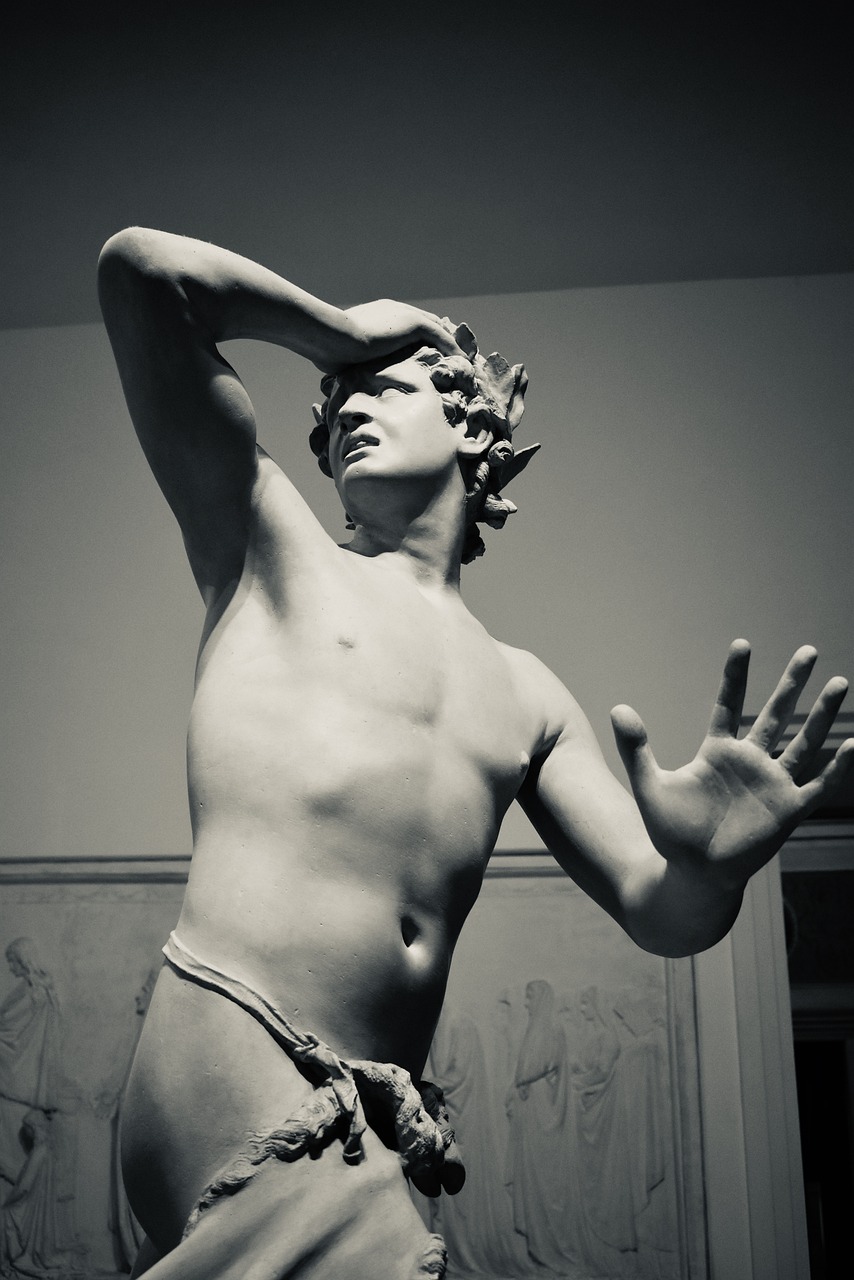
The narrative of Orpheus and Eurydice has been a profound source of inspiration among ancient authors like Apollonius of Rhodes, Virgil, and Ovid, and has also found its way into modern retellings such as that of Edith Hamilton in her work, “Mythology.” The Origins of Orpheus Orpheus, hailing from noble lineage, was born to a…
-
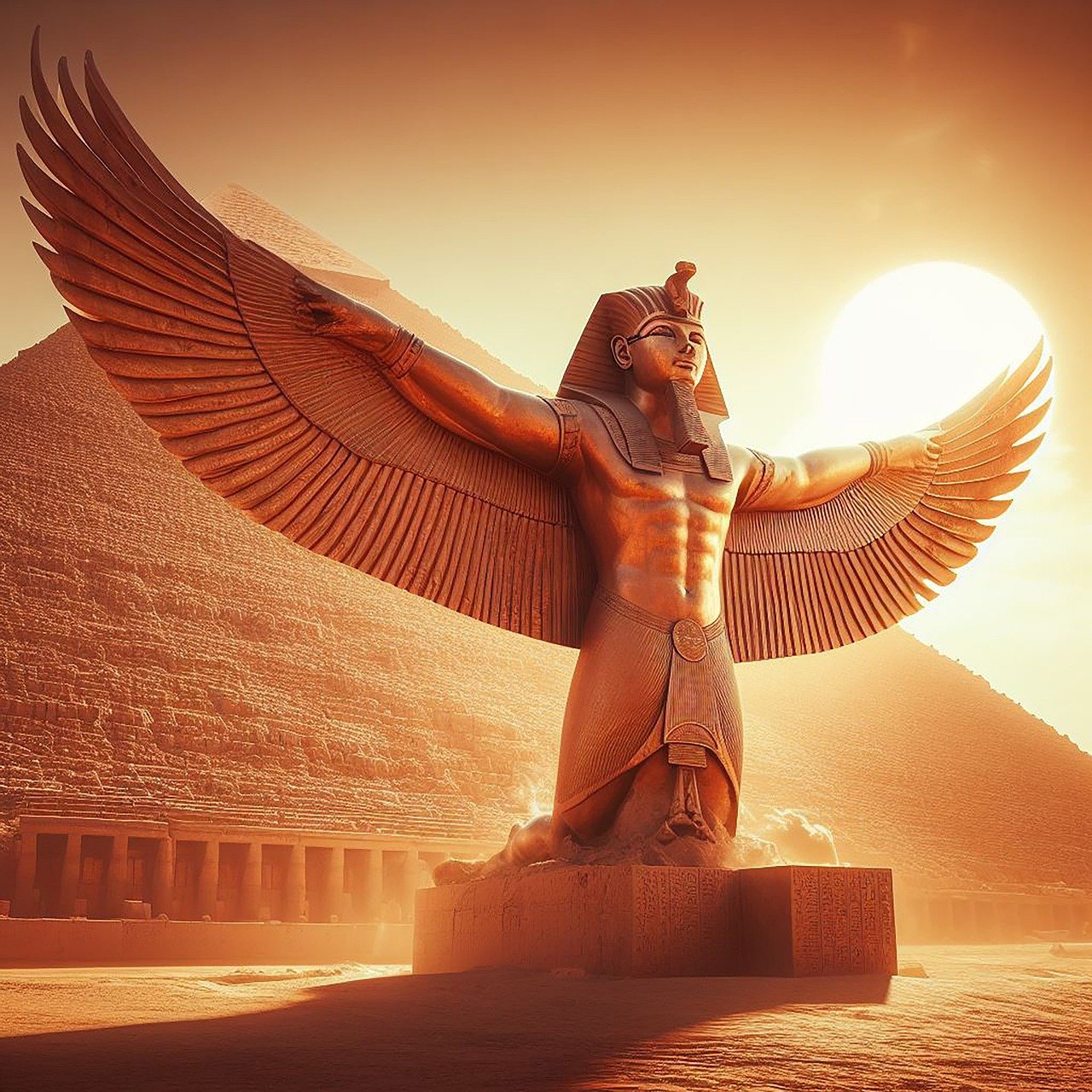
Hera, revered as the queen of the Olympian gods, embodies the Greek goddess of marriage, family, and the protector of women. Frequently depicted as a powerful matron adorned with a diadem, or as a veiled married woman, her character is both fierce and vengeful. Symbols associated with her include the pomegranate, scepter, and crown. Key…


